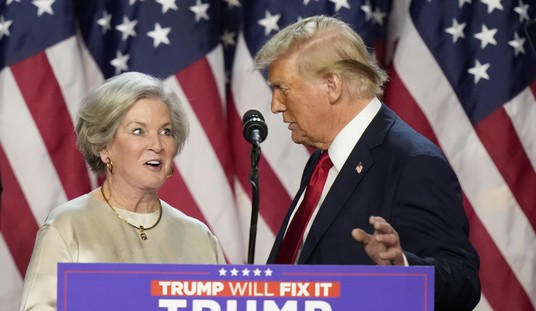An eminent Harvard law professor, James Thayer (1831-1902), argued that although the judicial function is "merely that of fixing the outside border of reasonable legislative action," this still gives courts "a great and stately jurisdiction." While patrolling that jurisdiction today, Supreme Court justices may be playing the video game "Postal 2," whose rich menu of simulated mayhem provoked California's legislature to pass a problematic law.
During the oral argument about whether the law restricting children's access to violent video games violates First Amendment guarantees of free expression, the lawyer representing game manufacturers urged the court to remember America's history of moral panics, which he said included one in the early 1950s about comic books. Really? Yes, and the episode remains instructive.

























Join the conversation as a VIP Member